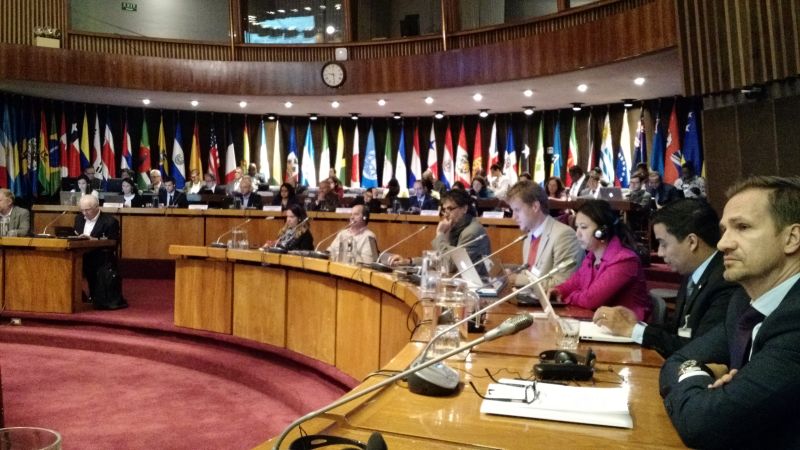Categorías

Créditos de carbono y financie la acción climática
Impulsar una acción climática confiable y el desarrollo sostenible apoyando proyectos certificados en todo el mundo.

Contacta al Equipo
Póngase en contacto hoy mismo y comience su camino hacia el liderazgo climático.



Gestiona tus emisiones ahora
Nuestra plataforma permite a personas y organizaciones medir, rastrear y compensar sus emisiones.

El reporte de net zero de South Pole de 2024
Destino net zero: el estado de la acción climática corporativa

El blog de South Pole
Conoce las últimas noticias y opiniones sobre las tendencias climáticas de la mano de nuestros expertos internos y autores invitados.

El reporte de net zero de South Pole de 2024
La encuesta revela que la mayoría de las empresas de casi todos los sectores guardan silencio respecto a sus objetivos verdes.

Al día con el cambio climático
Mantengase al día sobre las noticias, políticas e inovaciones más importantes sobre el cambio climático
